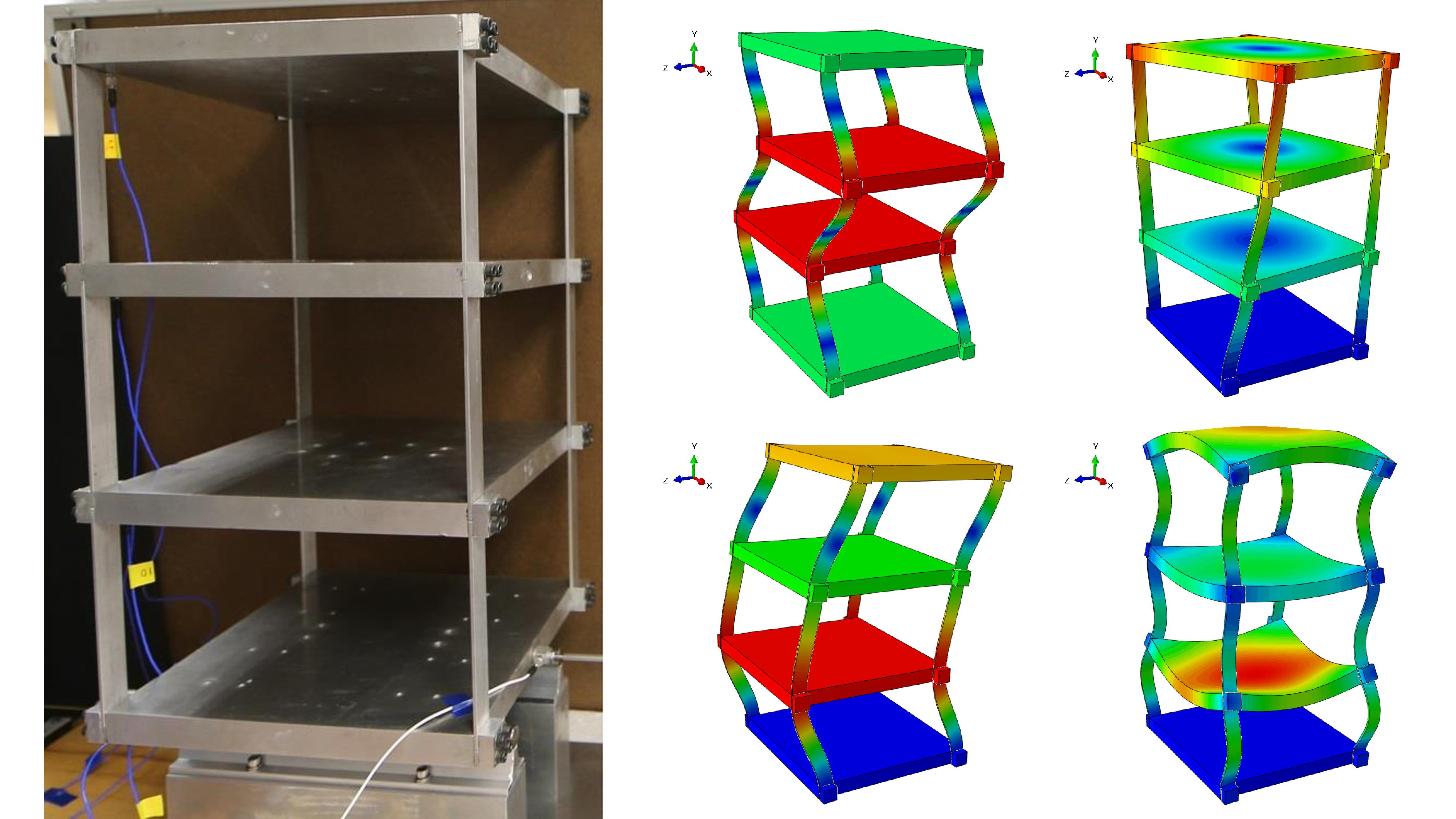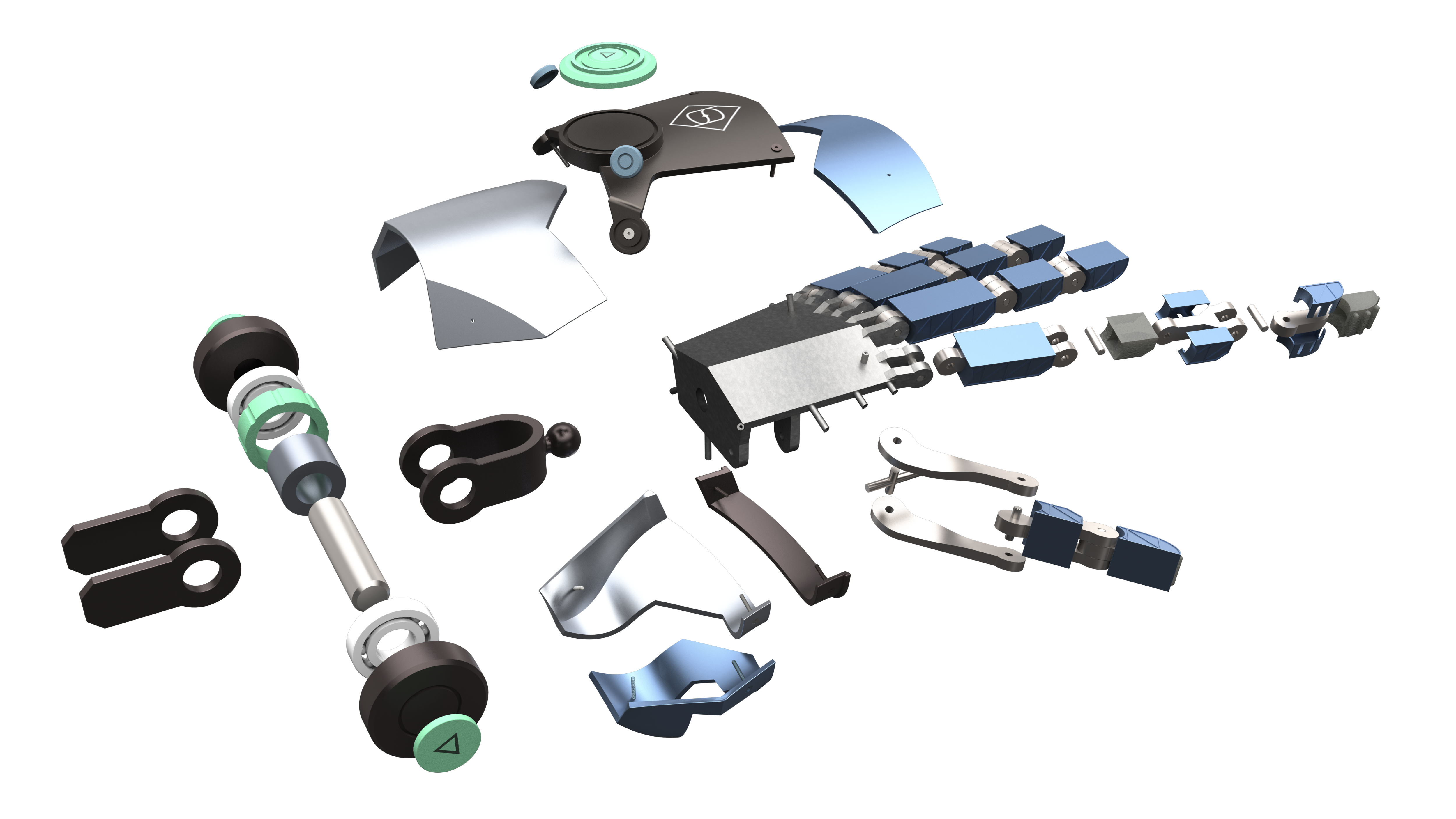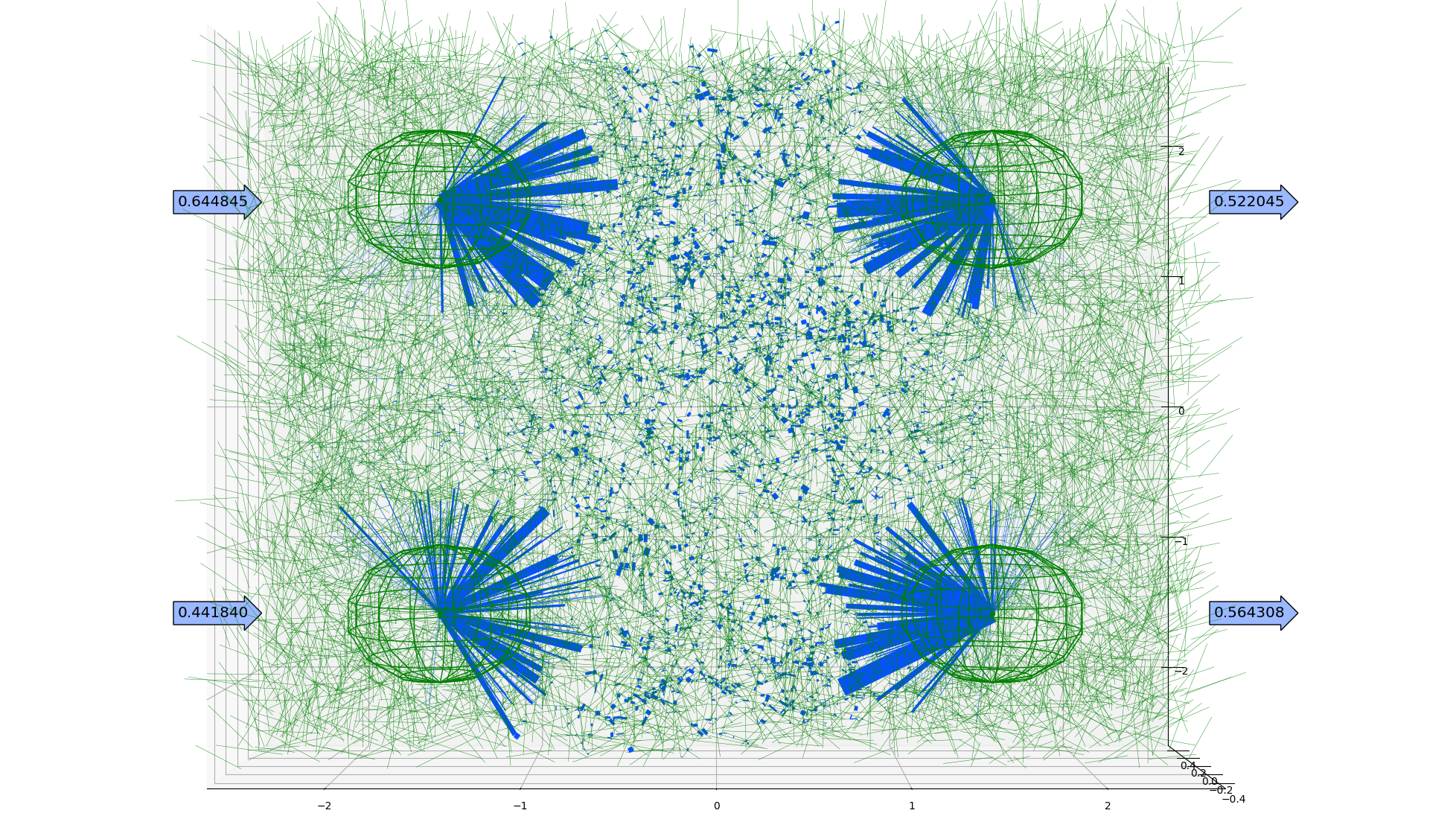PAGE IN PROGRESS
Portfolio

Modal analysis of 4-story structure

Exploded view of a CAD model of a mechanical hand

Simulation of current flowing through a nonlinear resistor network
❮
❯
